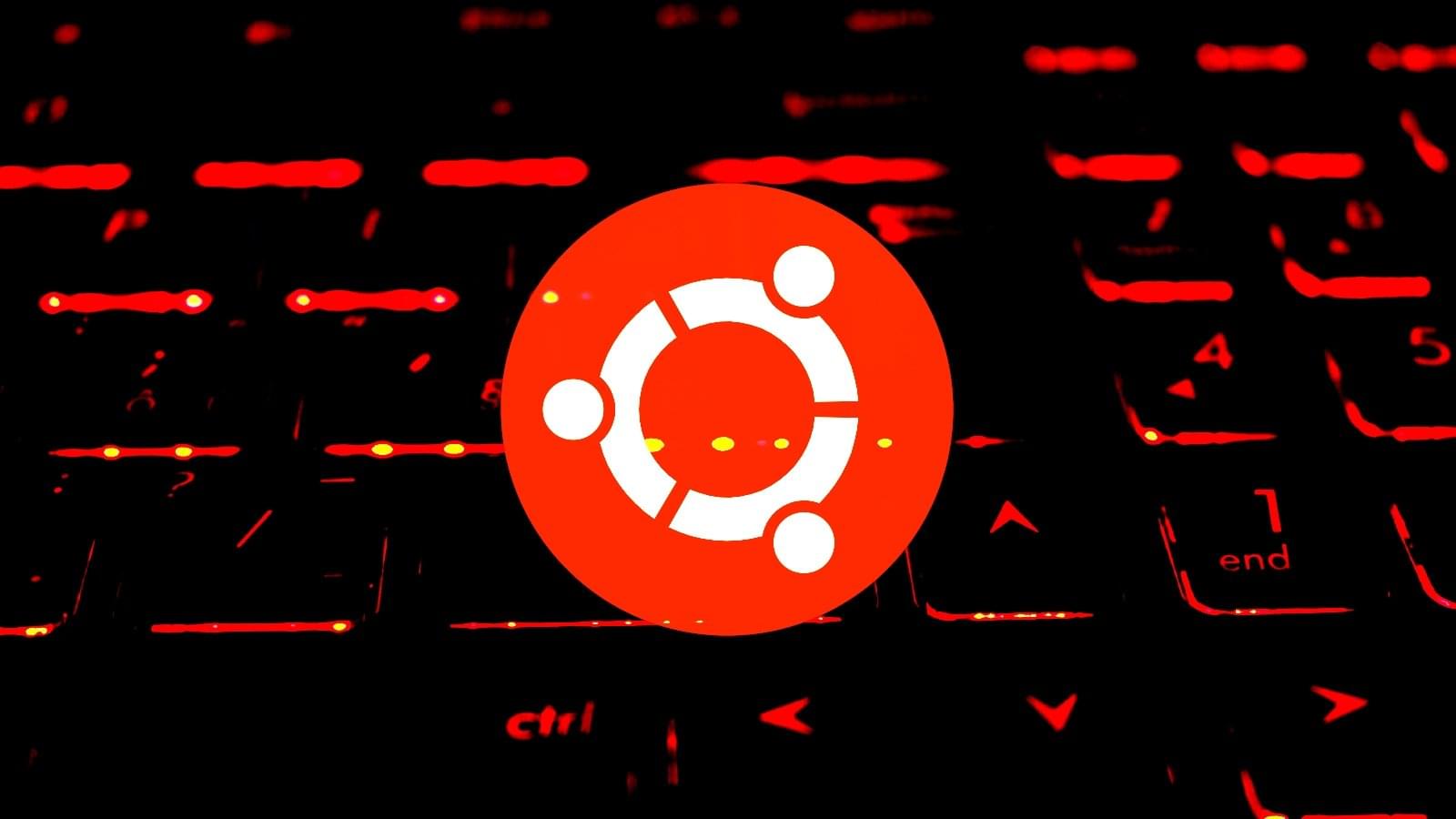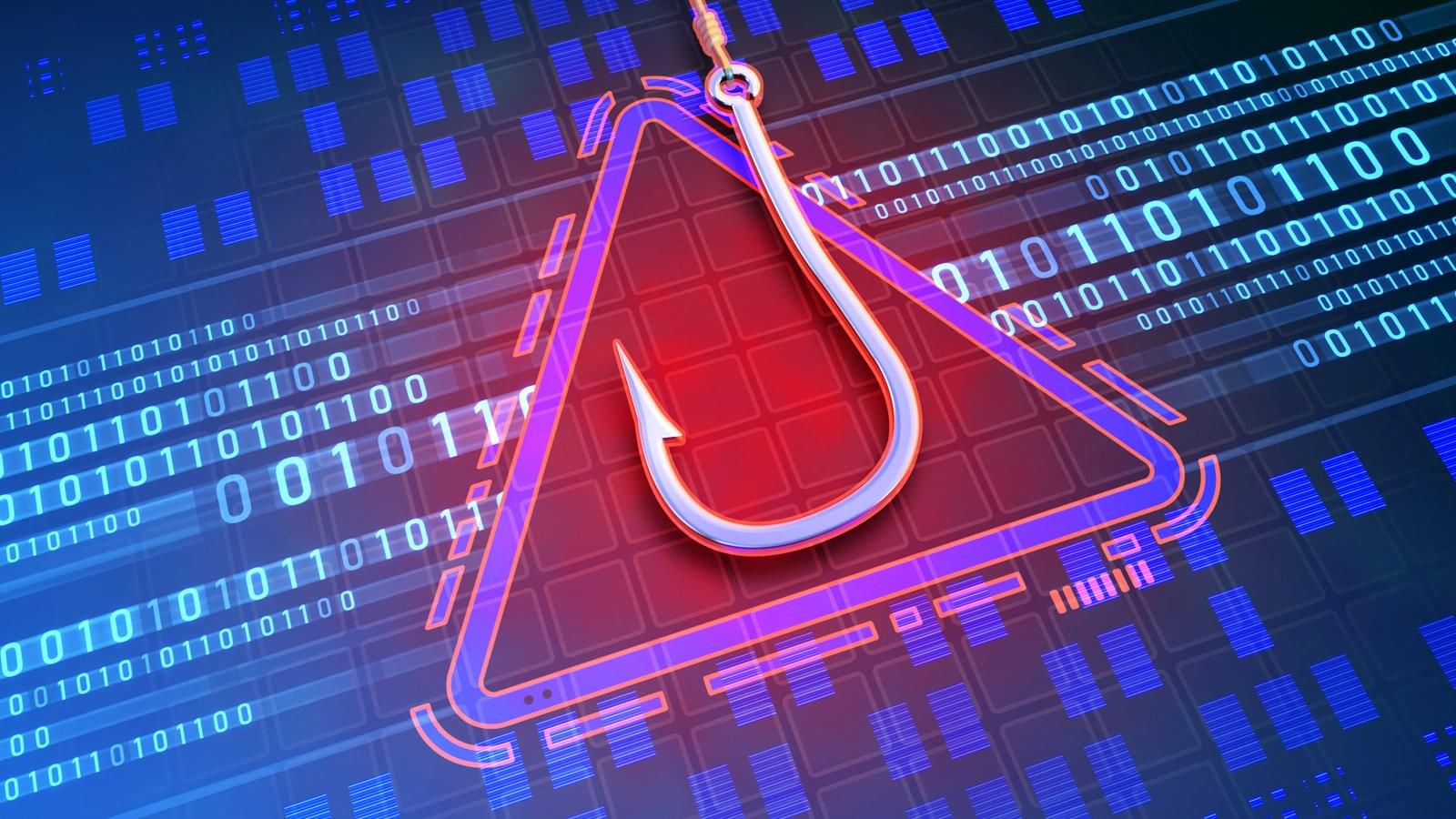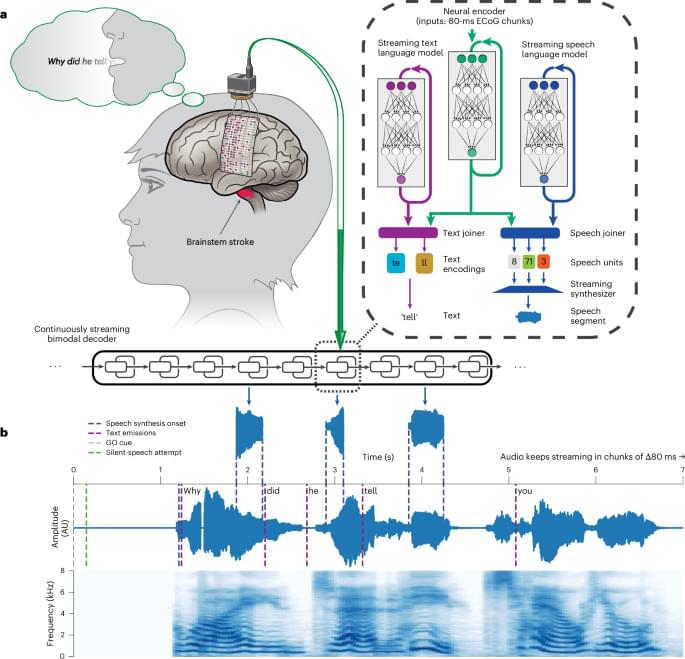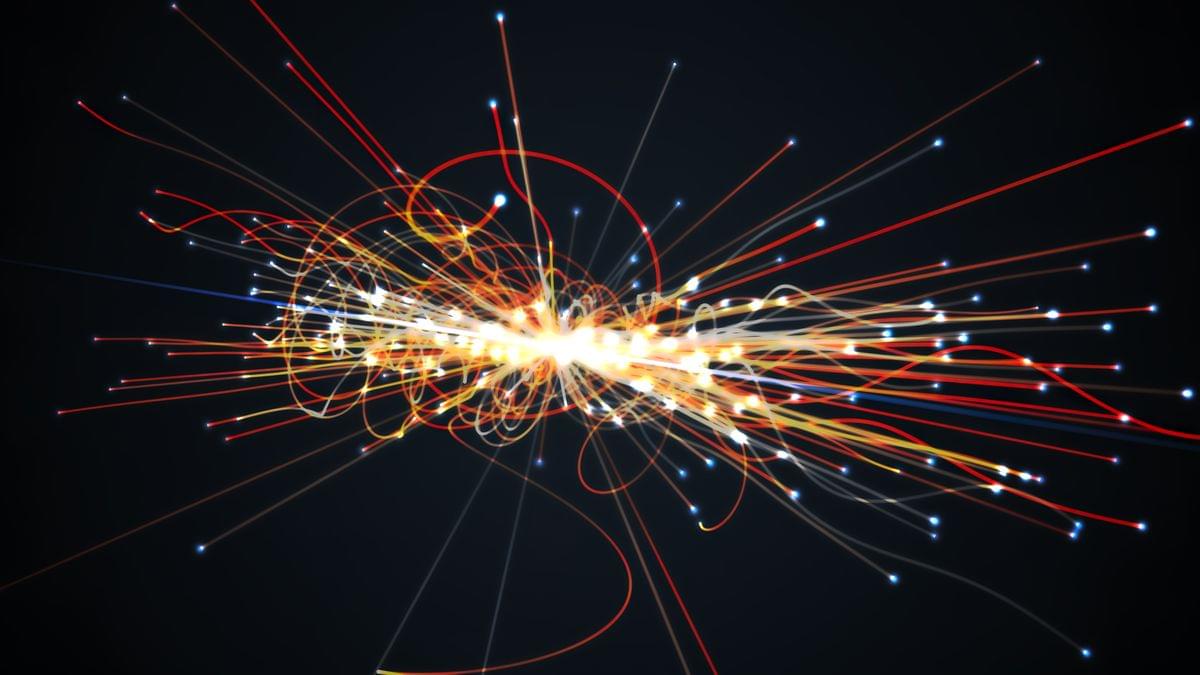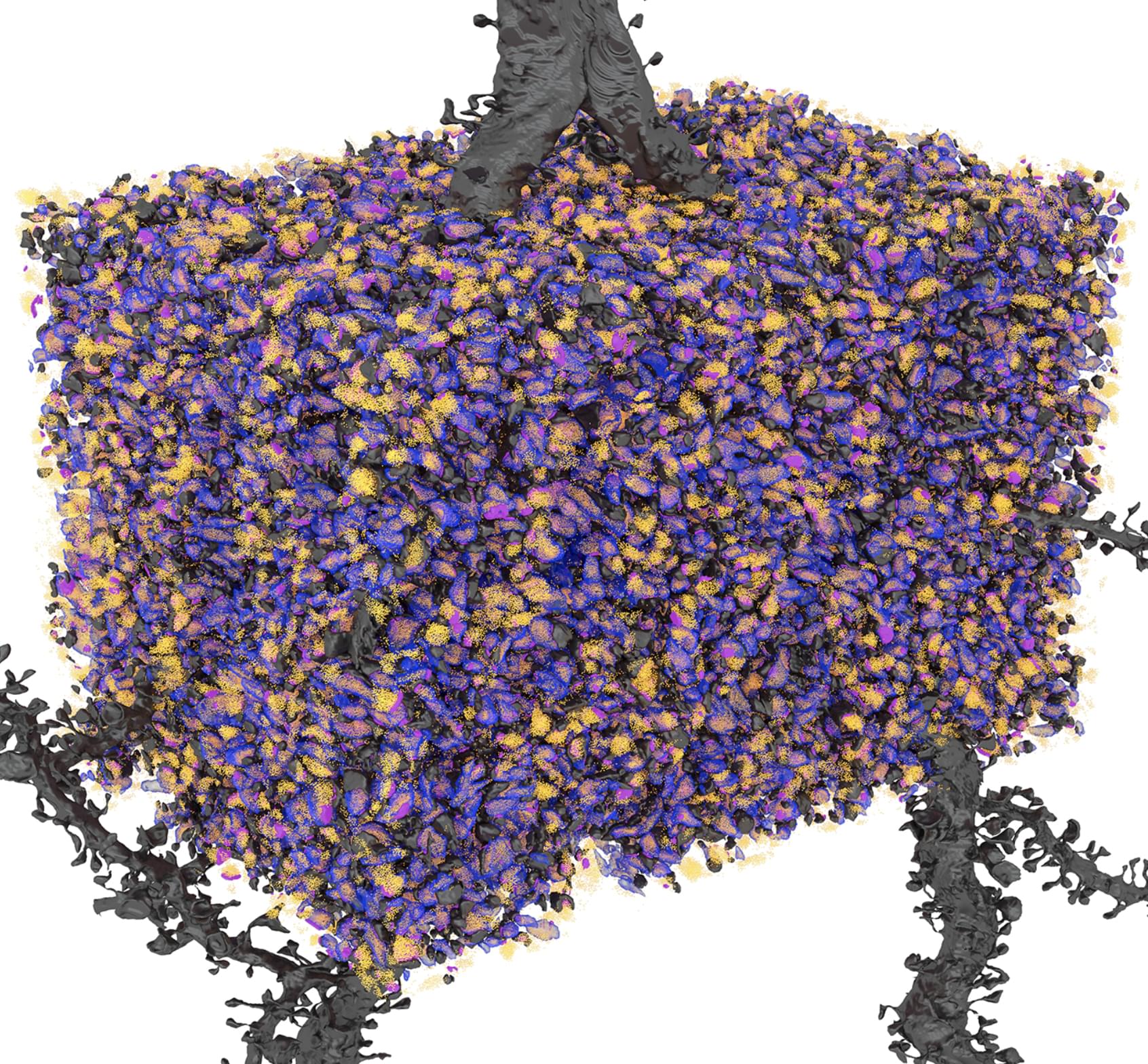A new coalition of rights-holders has called on the government to support growth in the creative and tech sectors by protecting copyright ahead of an imminent AI consultation.
The BPI, PRS For Music, PPL, MPA and UK Music are among the group of publishers, authors, artists, music businesses, specialist interest publications, unions and photographers.
Launching today, the Creative Rights In AI Coalition has published three key principles for copyright and generative AI policy and a statement supported by all member organisations. The coalition is calling on government to adopt the principles as a framework for developing AI policy.
Here’s my take: I was in the music industry for many years, so I know how it operates. People pay royalties every time an artists music is used. My friend Ayub Ogada made an ungodly amount of money from only one album that supported him all the way past death. His music still generates rotalties. Much of it was due to the smarts of Rob Bozas who ran royalties for Peter Gabriel’s Real World Records. AI companies also will have to start paying royalties to creatives whose intellectual property they use to train their AI just like royalties are paid in the music industry. Many AI companies may not be as profitable as many may think due to liabilities from use of intellectual property to train the AI, as without the content the AI could not be trained. Many lawsuits will happen in the foreseeable future.

